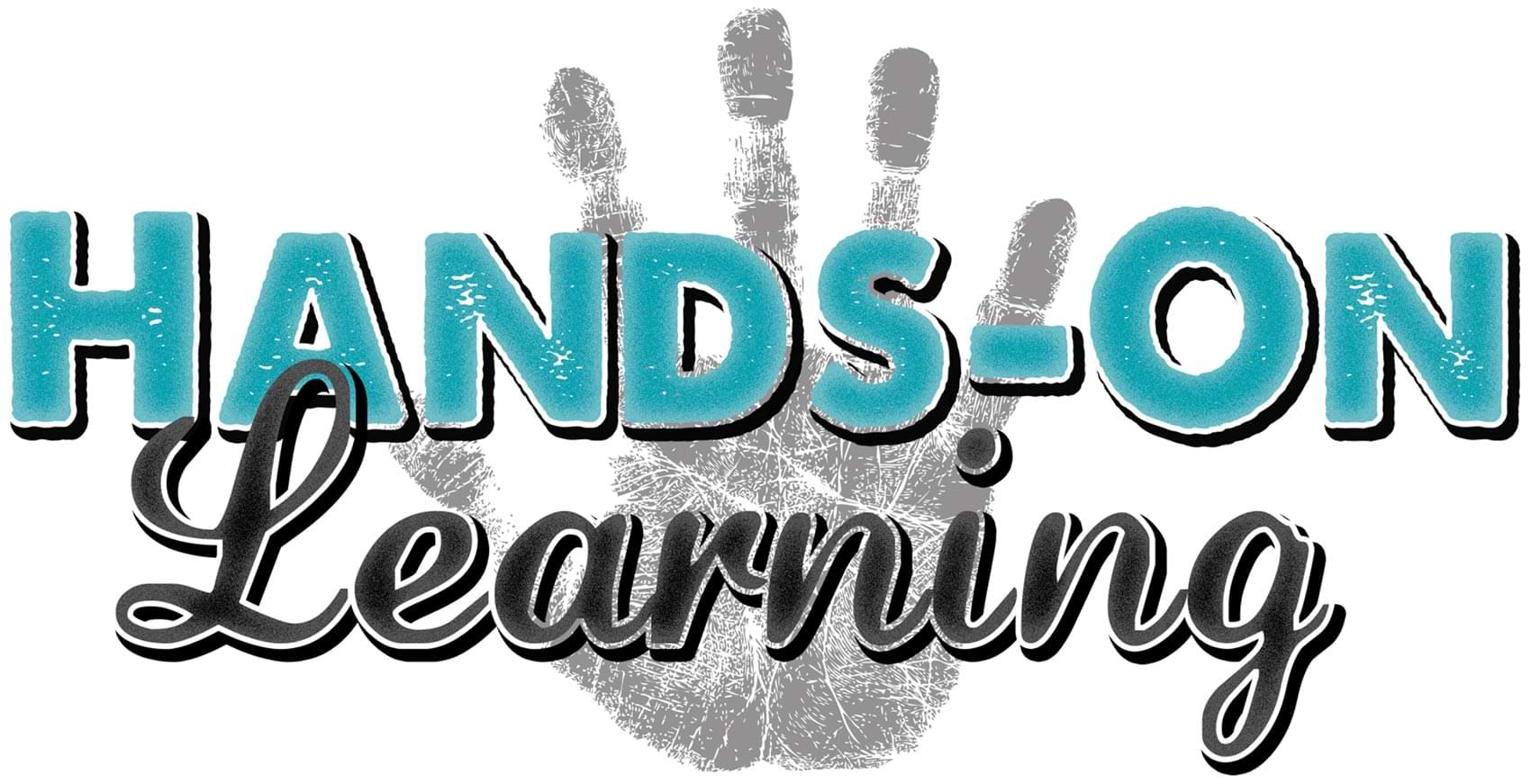
Real-Life Math
y oldest tactile son seems to think math is a four letter word. I can not really blame him considering that math has always given me indigestion. How does one mom (who may or may not have failed college algebra more than once) confidently teach her hands-on student Math?
One rare day, my oldest son was displaying outstanding behavior, the type of behavior that makes you think you should consider writing a parenting book. I did not want to ruin our great mood by pulling out the dreaded Math book. Instead, I suggested we play cards. I took the chicken exit out, but it was worth it to play Gin Rummy. This card game was a favorite pastime my mom used to play with me. The object of the game is to collect a hand where most or all of the cards can be combined into sets and runs. Once a player can “go out” everyone counts points on the table. If you are left with cards in your hand, their value is subtracted. About the third hand it dawned on me, Math skills had stealthily invaded our fun time.
Fast forward a few weeks to a weekend beach vacation when we found the Yahtzee game in a drawer. Immediately, my 1st grade son started counting dice. We were all laughing and cheering for one another. I don’t know of a math class where you count and cheer for one another, and believe me, I have been in a lot of math classes. So I began to seek out more ways for all of us to enjoy hands-on Math.
Show Me the Money
Dirty Measurements
As my oldest has become more mature, I let him help me in the kitchen while making dinner. He reads the ingredients, measures, and even cooks.
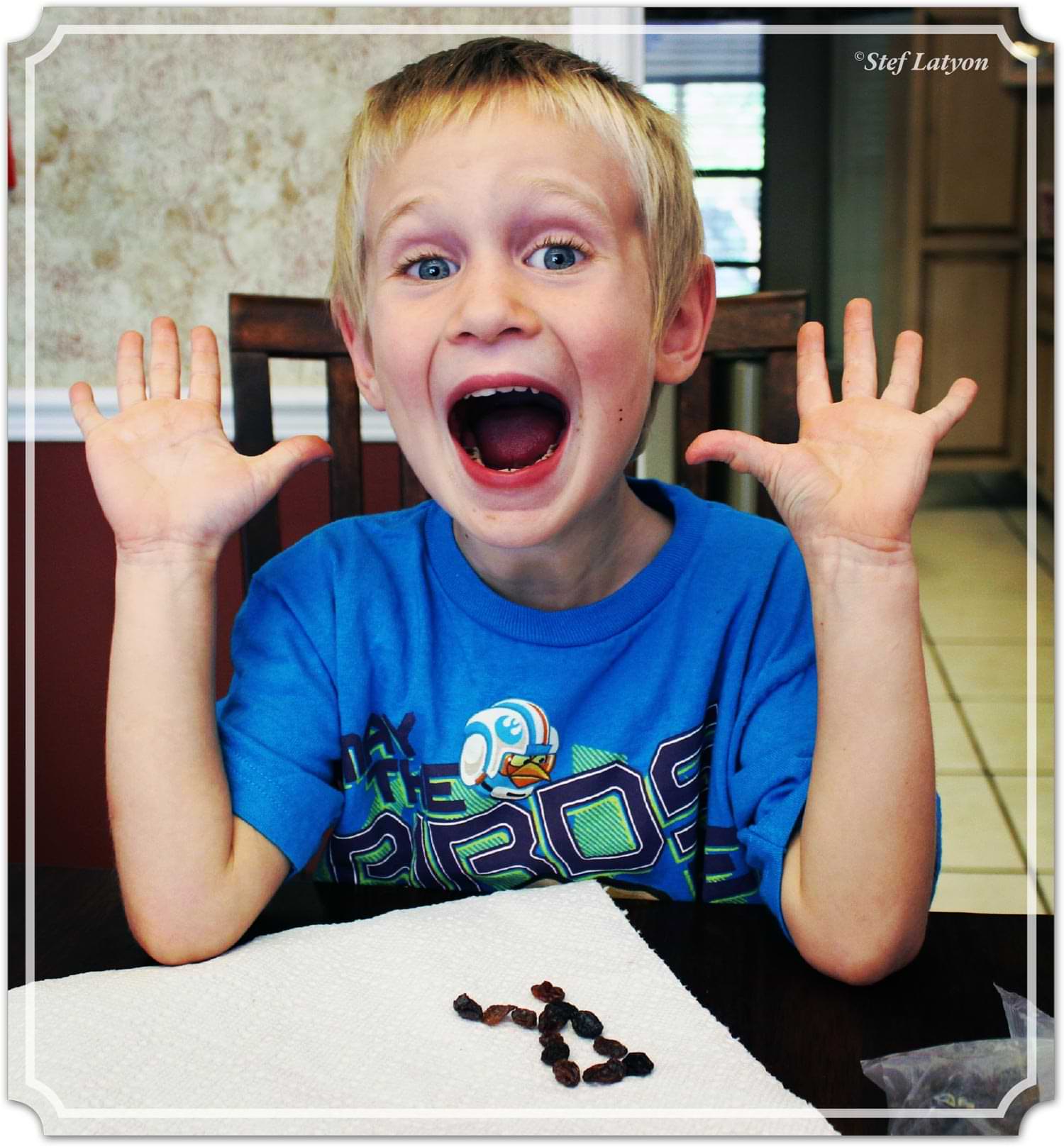
Write numbers on balloons and call out an equation. 5 – 2 = ? Let your students find the 3 balloon and give them a chance to pop it. Just keep track of which balloon numbers are left. Play the same game with water guns. Write numbers with chalk on outside walls, and let your students shoot the right answers.
Tempura paint has always been my favorite homeschool supplement to have in stock. It’s not just handy for art time. You can paint numbers on your tiles. I have done this all throughout preschool. I promise tempura paint will wash off with a mop. You can let your children hop scotch their way to correct answers to equations, or throw a bean bag onto the correct numbers.
My oldest son loves to head out to the trampoline. He can jump or flip as many times as the answer. It is fun for him and a great workout. I tend to do this when he has a bit too much energy.
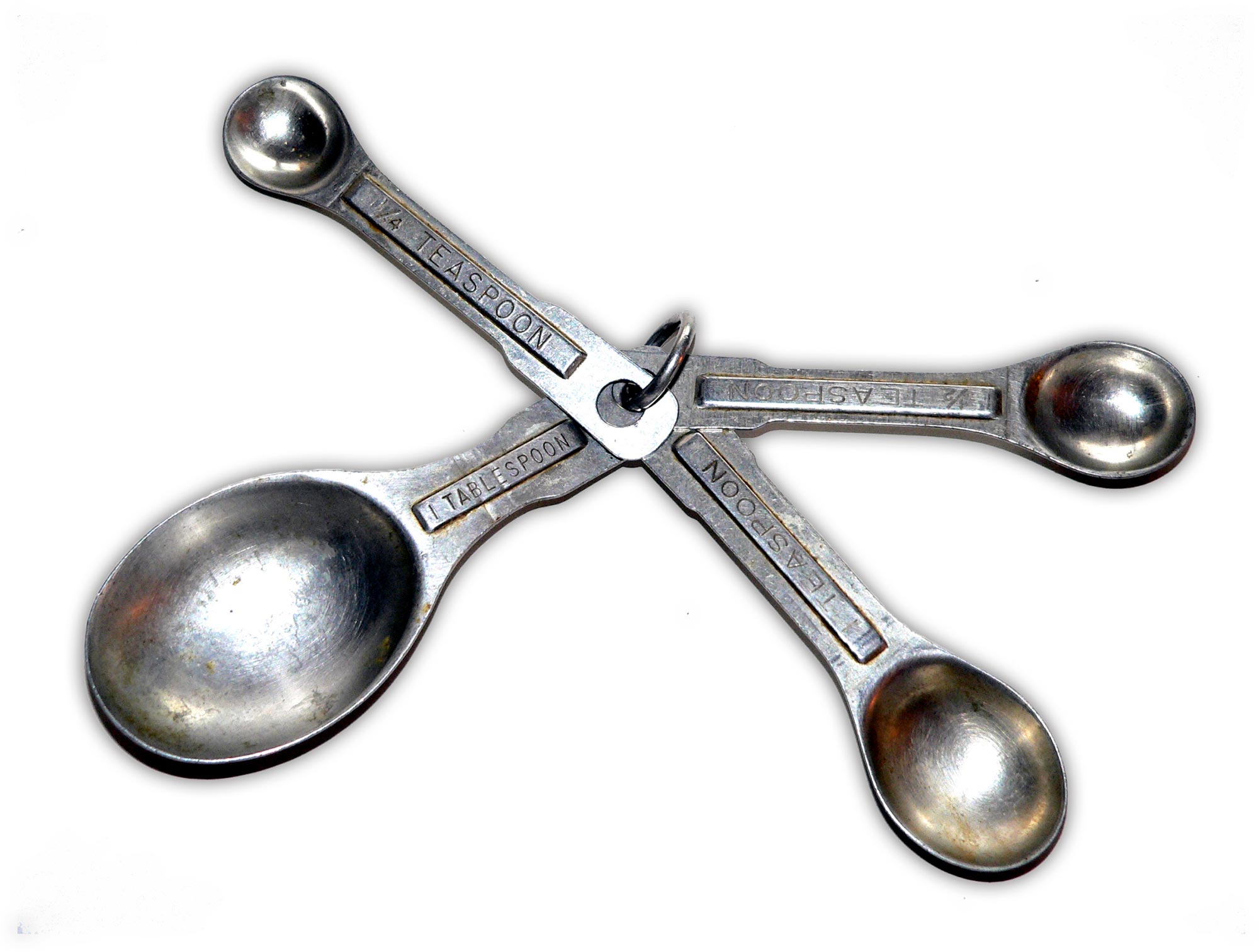
Use small clocks children can change themselves to play with time. What time will it be in three hours? What time was it 45 minutes ago? What time does your favorite television show come on?
Always encourage your learners to help clean up! A great saying is, “many hands make a big job small.” I have told my boys we will continue to do these fun math games if we all help clean up.
You do not have to have a tactile learner to try these fun hands-on real life math opportunities. You might be surprised how they make any child’s math skills stronger. It’s all about repetition in different forms.
Now you will be able to easily answer the “when am I going to use this in real life” math question we asked our parents.
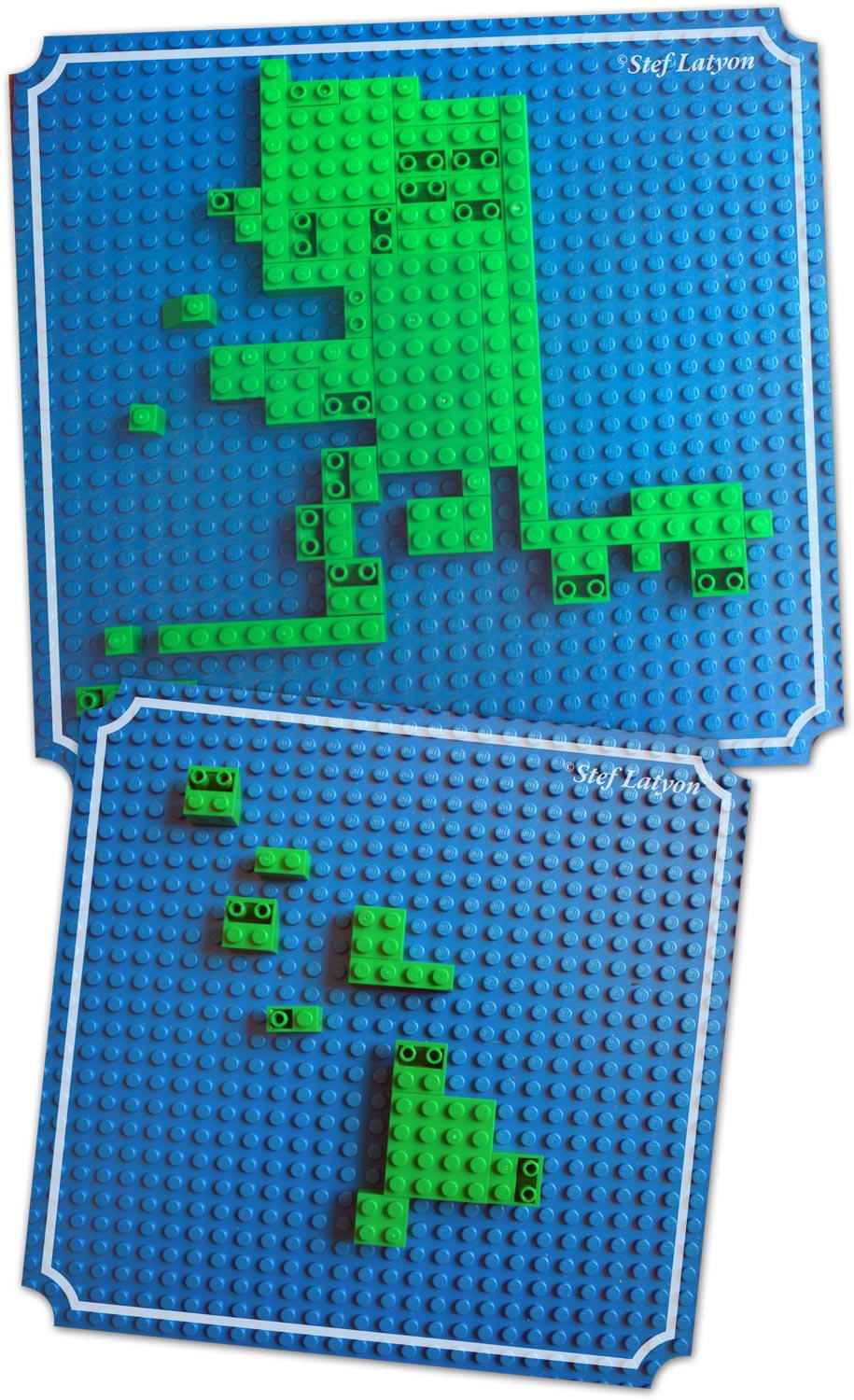
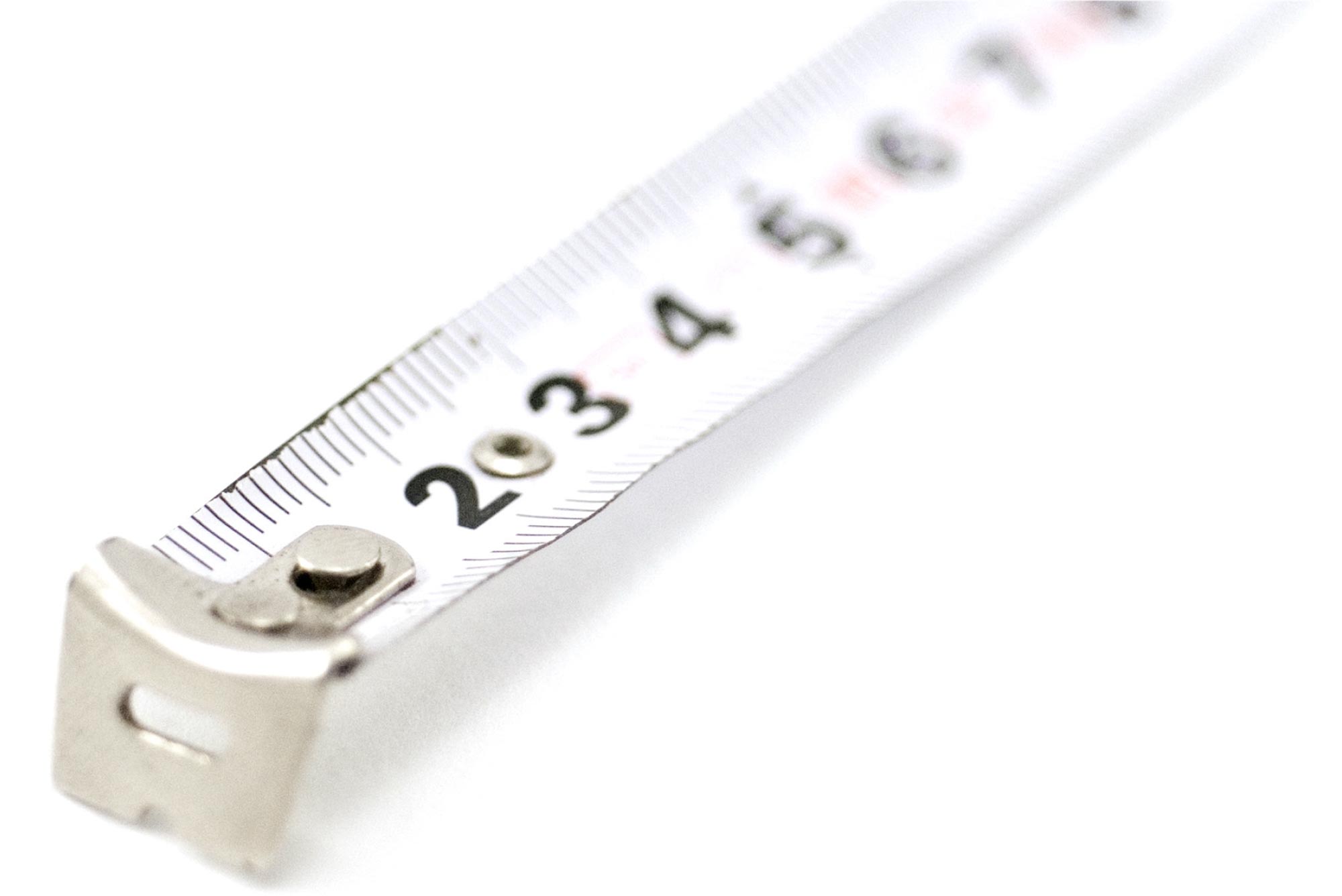
“It’s great when students can memorize a math equation, but raising a child who can problem solve is far more valuable.”

